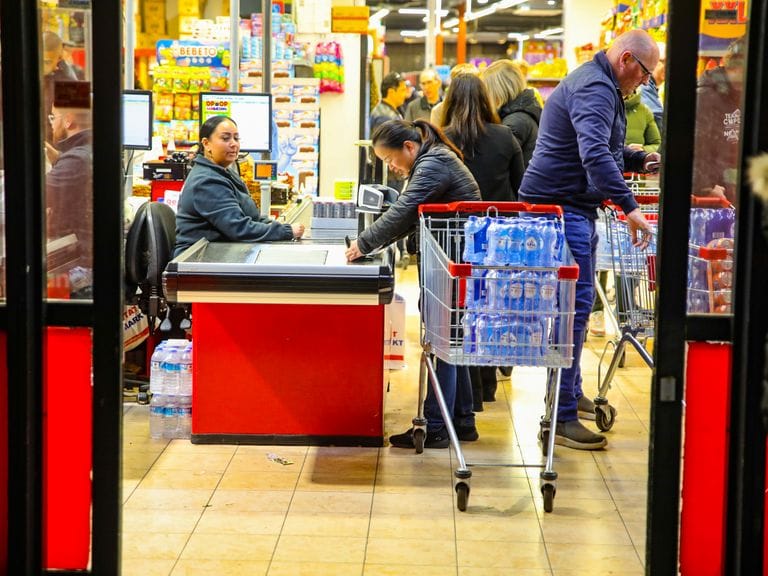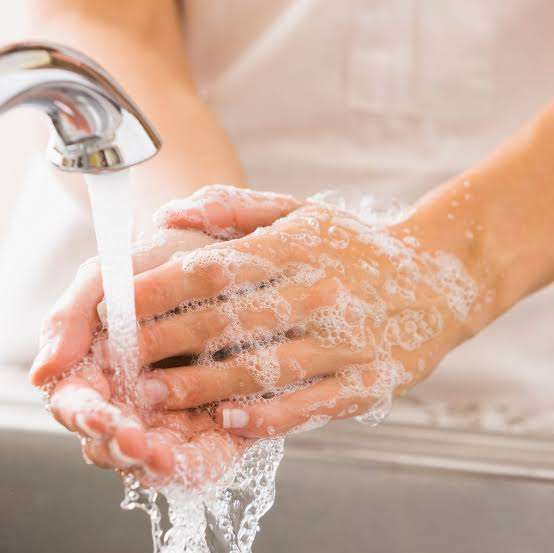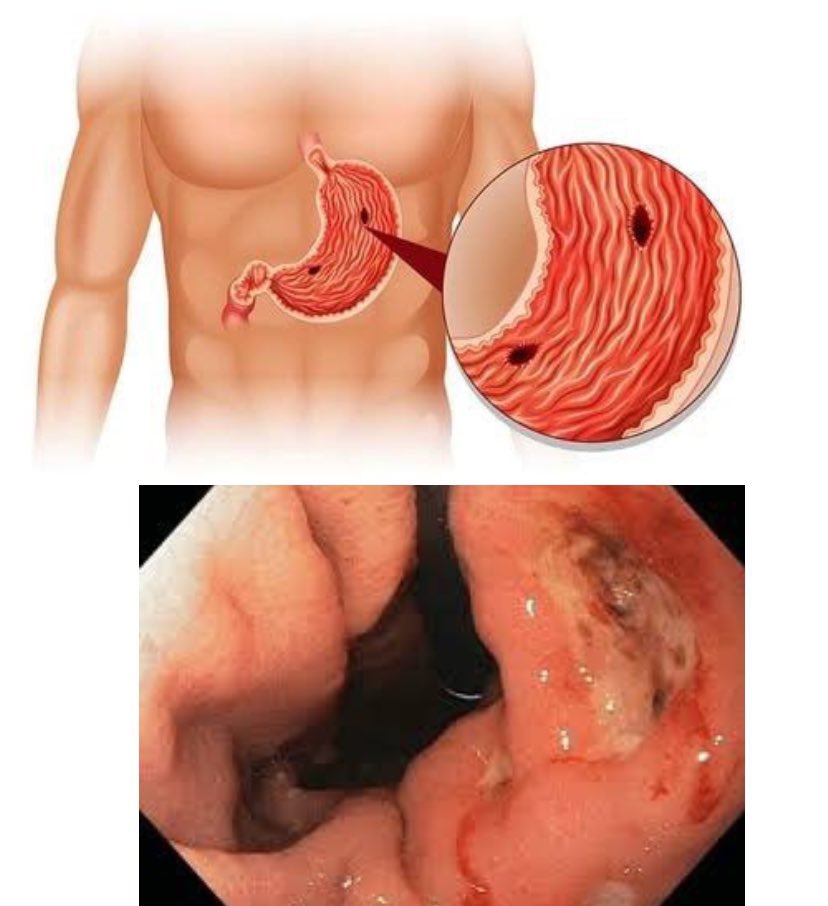
The E. coli bacteria has polluted the drinking water in and around Apeldoorn. About 70,000 households are advised by drinking water utility Vitens to boil their water for three minutes beforehand. The advisory is valid through at least October 14th. Boiling water is not a prerequisite for showering or hand washing for residents.
The corporation is discussing a little contamination that was found during an inspection and claims that it must be reported for safety purposes. A press photographer reports that there is currently a run on bottled water in stores in Apeldoorn. At a time, customers are purchasing entire carts of bottles.
The source of the contamination was an Apeldoorn drinking water source. “That area has four reservoirs. One by one, we will empty them, clean them, and then fill them again. After that, we’ll check to see if the contamination has disappeared,” an official told Omroep Gelderland. It may take many days to complete this operation. Investigations are underway to find out how the E. coli bacteria got into the drinking water.
Contaminated water more frequently According to the local radio, the frequency of bacteria in the region’s drinking water has increased recently. For example, at the end of May, 25,000 residents in the Achterhoek were advised to boil drinking water because the enterococci bacteria had been identified in a water reservoir in Dinxperlo.
A week earlier, 45,000 households in places such as Zevenaar, Didam and Dieren were also advised to boil drinking water. Enterococci bacteria were also found in a reservoir in Ellecom.
No connection
The contamination in the spring was caused by cracks and other technical defects at the purification plants. There is no connection between the contamination in the spring and today’s, Vitens emphasizes.
The enterococci bacteria are not pathogenic and therefore not dangerous for healthy people. However, for people with vulnerable health or reduced resistance, it can have unpleasant consequences.
The E. coli bacteria occurs naturally in the intestines of humans and animals. The bacteria can lead to gastrointestinal complaints in contaminated food or water.
–Deeprows Health





